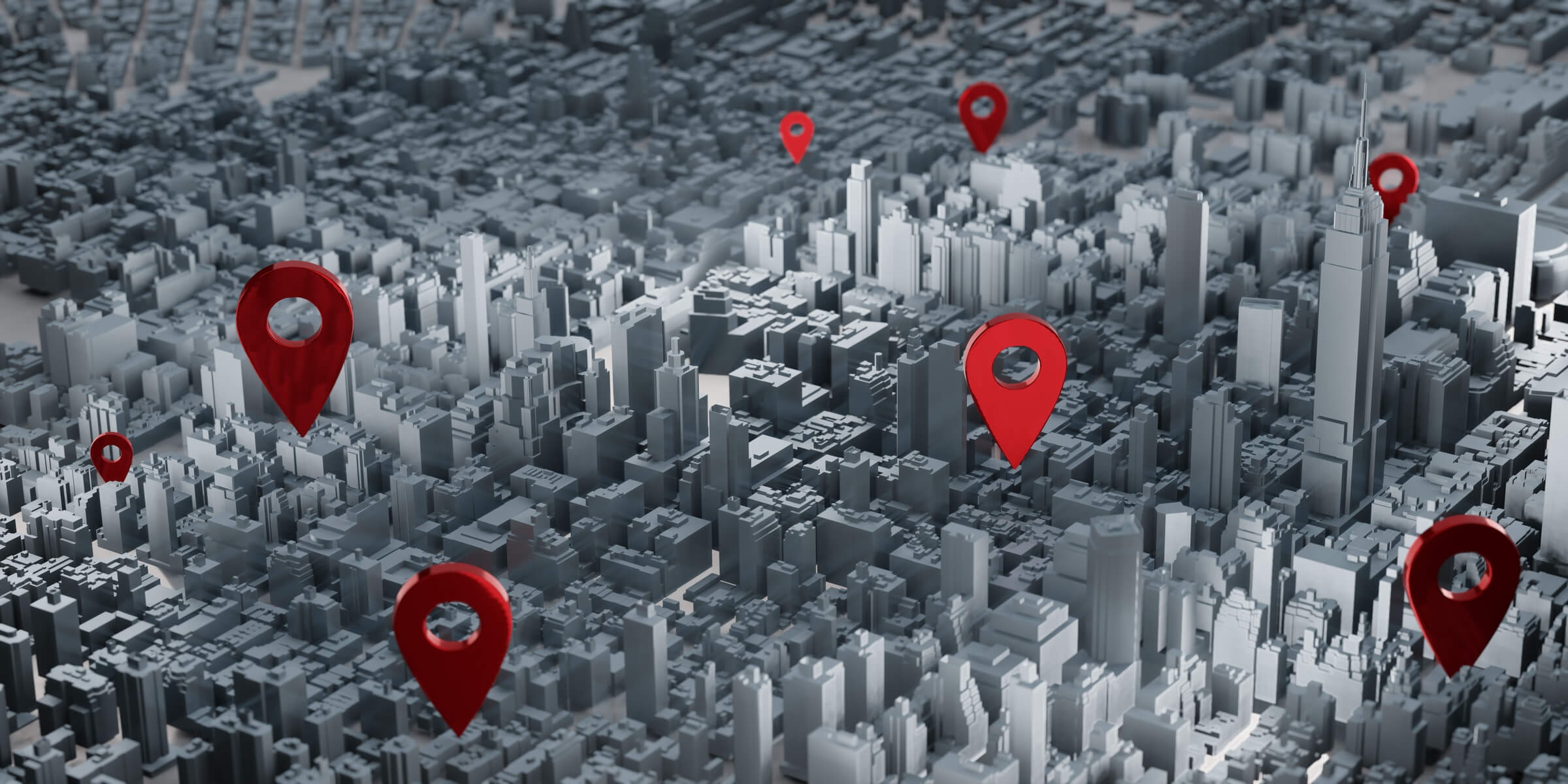
The Surprising Ways Your ZIP Code Affects Your Car Insurance

by Erin Anderson
You might assume your car insurance rate is based mostly on you — your driving record, the car you drive, maybe even your credit score. But there's one factor that plays a surprisingly big role: your ZIP code.
Yes, where you live (down to a few blocks) can impact how much you pay — even if everything else about your profile stays the same. And while it might feel unfair, insurers say it's all about risk.
Here's how your ZIP code can quietly shape your rate — and what you can do about it.
Local Accident and Claim Rates Matter
Insurance companies use data to predict risk, and your ZIP code is a major part of that. If your area has a high number of claims — especially for accidents, theft, or vandalism — insurers see it as a red flag, even if you've never filed one yourself.
It's not just about bad drivers. A dense area with heavy traffic means more chances for fender benders, and that gets priced into your policy.
Theft and Vandalism Stats Can Raise Red Flags
Live in a neighborhood with a high rate of stolen vehicles or break-ins? Your comprehensive coverage will likely cost more. Even if you park in a garage or have a car alarm, the overall risk profile of your ZIP code still affects how much you pay.
Tip: If you live in an area where car theft is common, ask your insurer if extra security features (like a GPS tracker or anti-theft device) could earn you a discount.
Weather and Natural Disasters Count, Too
Flood zones, wildfire risk, hail storms — these environmental factors can influence your rate, especially on the comprehensive side of your policy. ZIP codes in hurricane-prone or storm-heavy regions often face higher premiums, even if the storms are seasonal.
Even something like a higher rate of fallen tree claims can nudge your costs upward.
Population Density and Road Design Play a Role
More cars on the road generally mean more risk. Urban ZIP codes often come with higher premiums than rural ones, simply due to traffic volume and the layout of local roads. Narrow streets, confusing intersections, or areas with poor lighting can all factor in.
If you recently moved from the suburbs into the city, that price jump on your renewal? It could be all about where you're parking now.
Can You Do Anything About It?
You can't change your ZIP code (at least not easily), but you can shop around. Different insurers weigh ZIP code risk differently — and some may give more credit for your personal driving history or vehicle safety features.
Also consider:
- Bundling your coverage (home and auto together) to offset local risk costs
- Increasing your deductible — if it makes sense for your budget
- Asking about telematics or usage-based programs that reward safe, low-mileage drivers
The Bottom Line
Your ZIP code is more than just an address — it's part of how insurers calculate the risk of covering you. While you can't always control what happens around you, you can take steps to get the best rate for your situation.
If your premiums feel high and you haven't checked your options recently, now might be a good time to compare quotes. A different insurer — or even a small change in coverage — could make a big difference, regardless of your neighborhood.